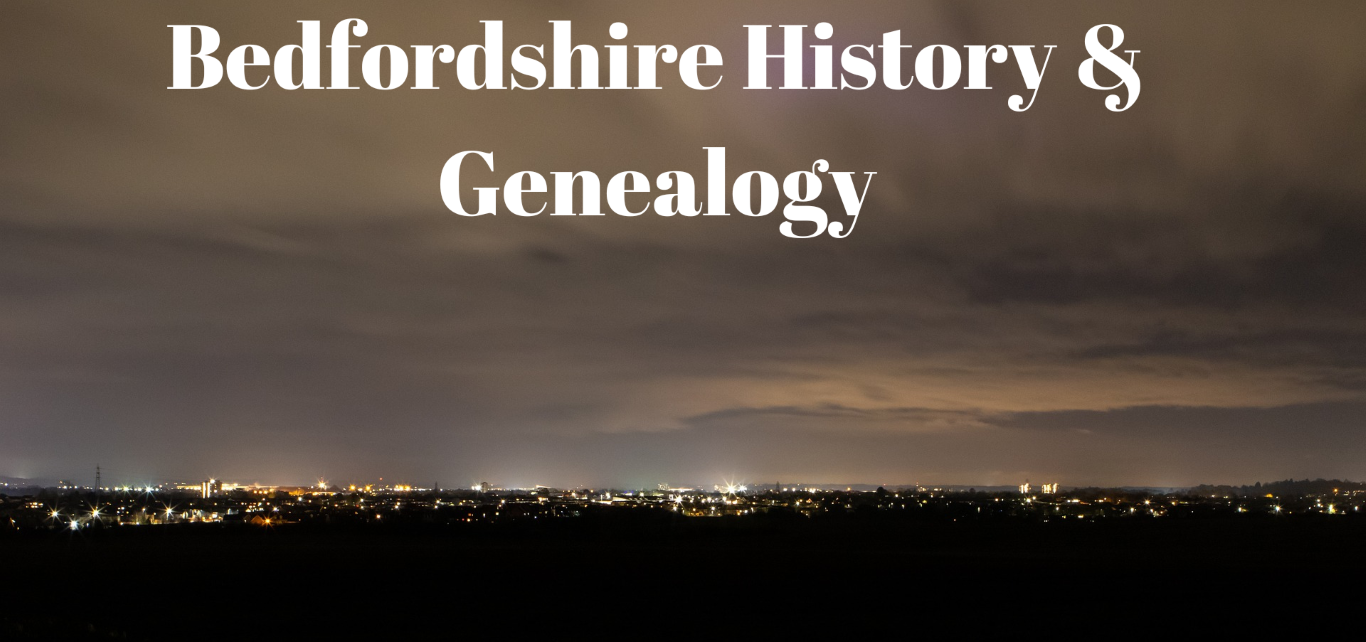Biggleswade
Biggleswade is the largest town in mid-Bedfordshire and the long-established market is still held every Saturday in the Market Square. The name is derived from 'Waed', the old English name for ford, and 'Biccel', for Anglo-Saxon settler. A segment of Roman road passes through, known as the White Way towards York, and is still in evidence. Celtic finds indicate an older route still.The town was important during the peaceful Roman influence and a number of Romano-British remains, including an oculist's stamp, have been found there.
Biggleswade developed as a result of its position on the great North Road and further wealth was brought to the town when the River Ivel was made navigable in 1758. Navigation ceased in 1876 - by then the main railway line from London to Edinburgh had been opened. Biggleswade still has a station on this line. Biggleswade has long been a market gardening centre while the brewery (Greene King) has been in operation since 1764. Another long-standing industry is milling and Holmes Mills on the Ivel still uses water-power. It was once a coaching town, with many historic pubs remaining. The Town Hall was built in 1814.
More recently Biggleswade has become a centre for engineering and light industry, much of it situated on the southerrn edge of town. Biggleswade's most famous personality was Dan Albone who was born in 1860 and spent his whole life here. He was a famous cyclist and inventor of the first ladies safety bicycle. Dan was also a leading pioneer in developing the modern agricultural motor tractor and one of his prototype machines is preserved in the Science Museum, London.
[From Samuel Lewis's Topographical Dictionary of England 1831.]
BIGGLESWADE, a market town and parish in the hundred of BIGGLESWADE, county of BEDFORD, 10 miles, (E. S. E.) from Bedford, and 45 (N. N. W.) from London, on the road to York, containing, with the hamlet of Holme with Stratton, 2778 inhabitants. This town is pleasantly situated on the river Ivel, which is crossed by two stone bridges, and which, by act of parliament, has been made navigable to its junction with the Ouse, whereby the neighbourhood is supplied with coal, timber, and various articles of merchandise. A considerable part of the town was destroyed by fire in 1785, to which circumstance its improved condition and handsome appearance way be attributed. The houses are uniformly built of brick, the air is pure and salubrious, and the inhabitants are amply supplied with excellent water from numerous springs. The environs, abounding with elegant villas and picturesque scenery, present a pleasing appearance. The making of white thread-lace and edging affords employment to a considerable part of the female population; but the town derives its principal support from being situated on the north road, whence the continued traffic it enjoys. The market, which is on Wednesday, is considerable for grain : fairs are held on February 13th, the Saturday in Easter week, Whit-Monday, August 2nd, and November 5th, for horses and live stock of every kind. The town is within the jurisdiction of the county magistrates, who hold a petty session for the hundreds of Biggleswade, Clifton, and Wixamtree.
